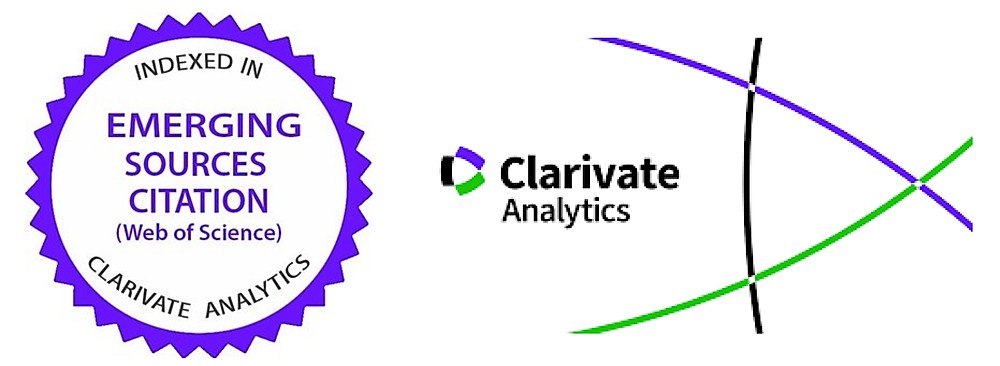Market Forecasts and Client Behavioral Data: Towards Finding Adequate Model Complexity
Abstract
Using efficient marketing strategies for understanding and improving the relation between vendors and clients rests upon analyzing and forecasting a wealth of data which appear at different time resolutions and at levels of aggregation. More often than not, market success does not have consistent explanations in terms of a few independent influence factors. Indeed, it may be difficult to explain why certain products or services tend to sell well while others do not. The rather limited success of finding general explanations from which to draw specific conclusions good enough in order to generate forecasting models results in our proposal to use data driven models with no strong prior hypothesis concerning the nature of dependencies between potentially relevant variables. If the relations between the data are not purely random, then a general or flexible enough data driven model will eventually identify them. However, this may come at a high cost concerning computational resources and with the risk of overtraining. It may also preclude any useful on-line or real time applications of such models. In order to remedy this, we propose a modeling cycle which provides information about the adequacy of a model complexity class and which also highlights some nonstandard measures of expected model performance.



























